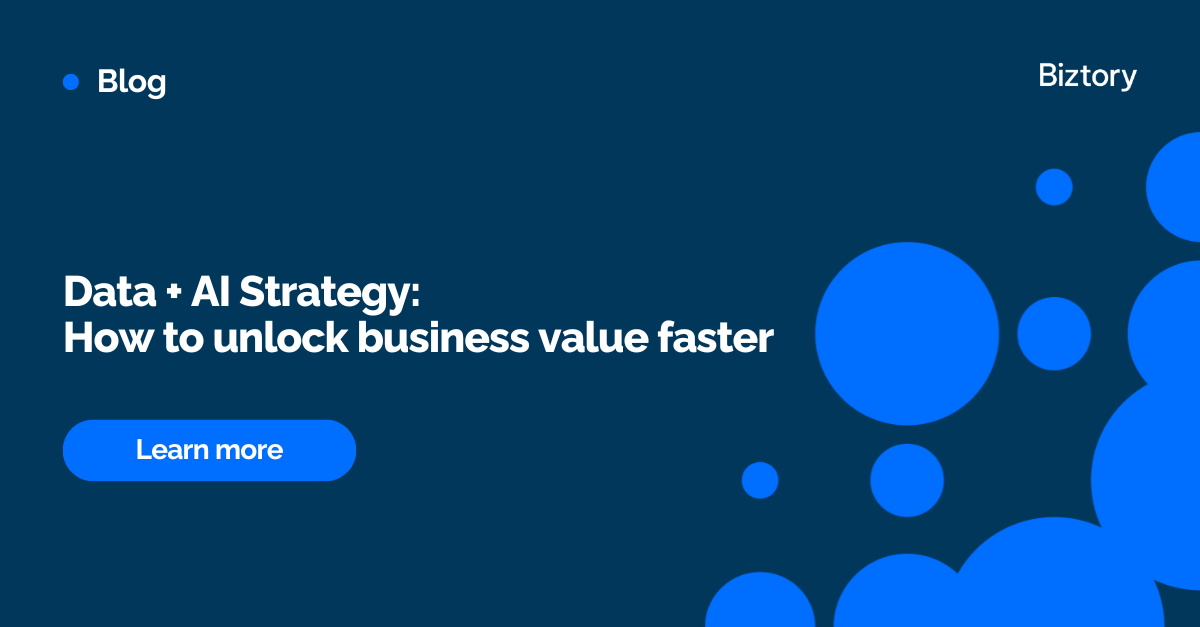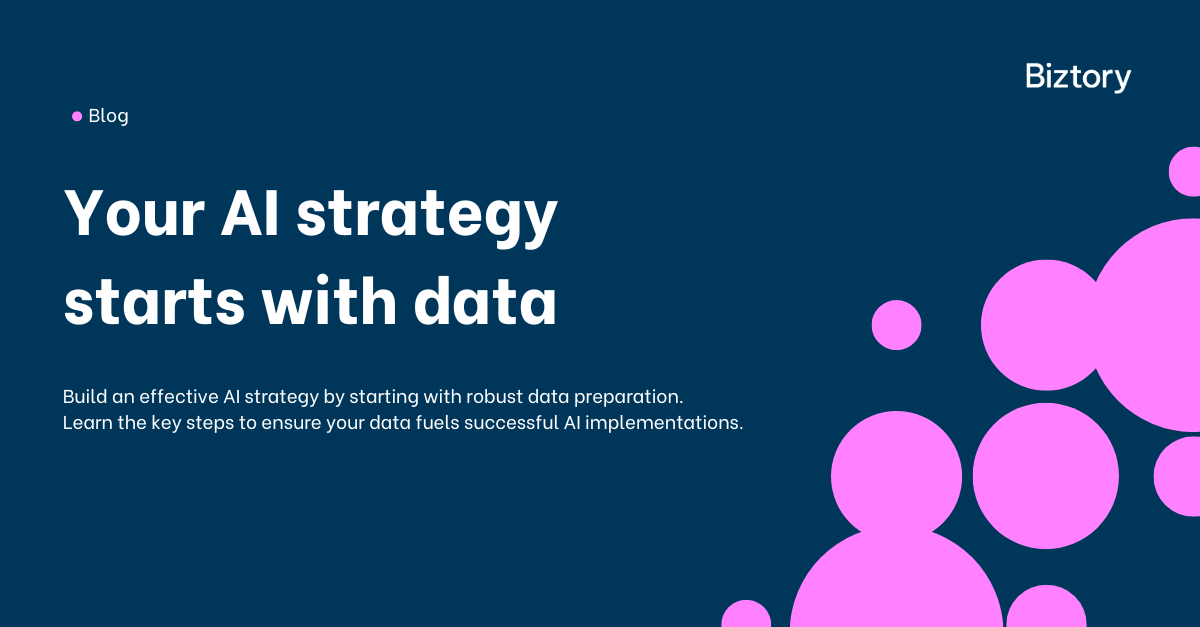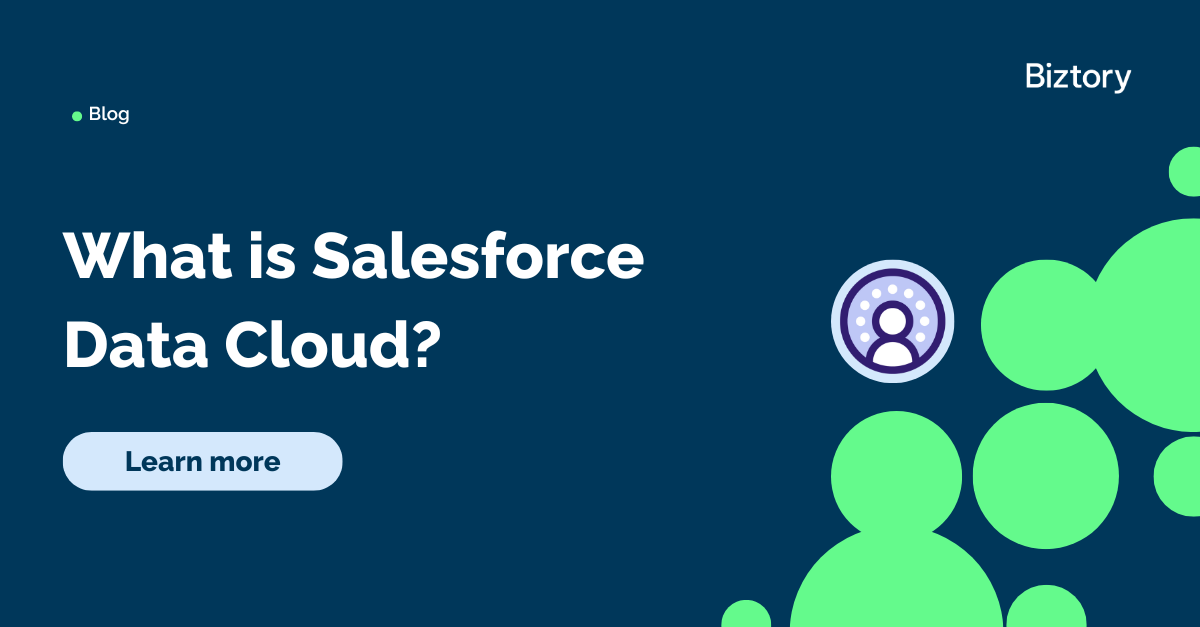In today's data-driven world, businesses are continuously seeking ways to harness the power of their data for smarter decision-making and enhanced customer experiences. Enter Salesforce Data Cloud — a comprehensive platform that goes beyond traditional customer data platforms (CDPs) to offer a unified, 360-degree view of your customer data across all areas of your business.
In this blog post, we explore how Salesforce Data Cloud streamlines data from various sources, empowers teams with advanced analytics, and paves the way for AI-driven innovations that can revolutionize your operations.
1. What is Salesforce Data Cloud?
Salesforce Data Cloud is a comprehensive data platform designed to connect and aggregate data from various systems, transforming it into valuable insights. It provides your business with a unified, 360-degree view of your customers by consolidating data across different teams and departments.
This holistic view helps improve operational efficiency through automation, empowers smarter decision-making with advanced analytics, and enhances personalised customer experiences. Furthermore, it prepares businesses to leverage AI-driven innovations by ensuring data is trustworthy and well-structured.
1.1 Salesforce Data Cloud vs Customer Data Platforms (CDP)
"So, is Salesforce Data Cloud a customer data platform?" Well, that is a great question!
At its core, Data Cloud shares the same purpose and benefits that CDPs deliver. But there are small differences, too - making Data Cloud more than just another customer data platform.
Historically, CDPs have been heavily utilised by marketing teams for better customer segmentation and personalization. Salesforce Data Cloud, however, extends these benefits beyond marketing, integrating seamlessly into other areas of business like sales and service. This makes it a more versatile tool for achieving comprehensive customer insights across the entire organisation.
No time to read? Listen to the podcast instead.
2. Why use Data Cloud?
Data Cloud all comes down to getting more value out of your company and customer data.
Today, the average company uses over 1.000 business apps... That’s massive! And it causes a lot of data to be spread out across a lot of different systems.
That’s where Data Cloud comes in. It helps you streamline all these different data flows and get the insights you need to make better business decisions and create better customer experiences.
For example: based on customer data, you could set up different customer profiles and find out how likely it is for a certain customer to stop using your product or service based on CLTV calculations & predictions.
The only way to get insights like these and to act on it, is by building a complete unified customer profile.
Salesforce Data Cloud helps you do just that.
3. How Does Data Cloud work?

By turning massive amounts of disconnected data into a single, trusted model, Salesforce Data Cloud enables you to build a trusted single source of truth for your organisation.
In essence, as an open source solution Data Cloud can integrate with all your business apps & software, connect the right dots by bringing data together from all these different sources, harmonising that data and turning it into actionable data.
And even though Data Cloud might look like a complex beast, there are actually only three key aspects you need to understand to get how the entire engine works.
3.1 Connect & prepare data from every data source
The first thing to know is that Salesforce Data Cloud is open.
So, regardless of where your data comes from - internal software, marketing channels, external data lakes, emails or even PDFs - Salesforce Data Cloud can bring all the dots together.
This includes all types of data from web & mobile, to third party data, and legacy systems. With a variety of pre-built connectors, you can easily integrate with all the products in the Salesforce Customer 360.
When it comes to external systems outside of the Customer 360, there’s the MuleSoft library of connectors to help you seamlessly connect to the right data sources in Data Cloud.
And it gets even better…
Thanks to Salesforce Data Cloud’s open, extensible architecture, you can also integrate with other cloud providers like Google Cloud, Snowflake & Databricks too - employing zero-copy integrations that allow seamless connection to your data. No need to move or copy your data there.
3.2 Harmonise & Unify your data in Data Cloud
Okay, with all your data connected to Data Cloud, how do you build that single source of truth based on harmonised and unified data?
Difficult question. But the answer is pretty simple, actually.
Since Data Cloud is built on Salesforce, you’re able to leverage the ability of integrating all your data into the standard Salesforce metadata model. Once your data is integrated into the model, you can access that data in all the different business apps of the Salesforce Customer 360 - like Marketing Cloud, Sales Cloud, Service Cloud, etc.
To design Data Cloud, Salesforce engineers also leveraged Apache Iceberg - which is an open source high-performance format for huge tables. This gives Data Cloud the ability to combine CRM data with data from a variety of other sources.
Think transactional data, customer behaviour data, IoT device data, and even unstructured data like social media post engagement, etc. By bringing all these data points together in one place, Data Cloud allows that creation of your single source of truth - making your data ready to be activated for a wide range of business purposes.
3.3 Activating your data with Data Cloud
So with all your fragmented, hard-to-use data scattered across the business now being unified and harmonised in Data Cloud, the next step is to activate that data.
Data activation could mean; building data-driven automations, enhancing business processes, enabling data-driven decision making or driving AI innovation projects in the organisation.
4. Data Cloud as the foundation for AI

We have said it before, and we’ll say it again: There is no good AI, without good data.
Your data strategy is at the heart of AI success. A robust data foundation is critical for the accurate and meaningful responses that AI needs to revolutionise business operations. With this foundation, you can pave the way for transformational AI use cases, while helping your team make faster, more informed decisions in their day-to-day work.
Data Cloud is part of the Einstein 1 Platform, which allows you to activate your data to leverage AI innovations and efficiencies even faster. With no code / low code tools like Einstein Copilot and Einstein Copilot Prompt Builder, users can easily leverage data to drive AI-powered workflows, automations, and AI-generated insights without relying on IT.
Now, if you’ve been riding the AI-wave for quite some time already, you might be wondering: “What if I want to bring my own custom AI models into Data Cloud? Is that possible?”
Good question! And the answer is even better.
Yes. You. Can.
Thanks to Model Builder, you can bring your own ML model or LLM to Data Cloud with Einstein Copilot Studio. That means you can access your Data Cloud data directly in Amazon Sagemaker without the usual lift and shift headaches.
Salesforce Data Cloud is more than just another customer data platform; it’s a game-changer in how businesses can streamline their data and put it to work. By connecting and unifying data from various sources, Data Cloud gives you the ability to build a complete, real-time view of your customer, setting the stage for smarter decisions, better automations, and more personalised customer experiences across the board.
What makes Salesforce Data Cloud stand out is its versatility. It goes beyond traditional CDPs by integrating data across not just marketing, but also sales, service, and more, helping every team in your organisation work from a shared, trusted view. Whether you’re using it to build predictive customer profiles, enhance decision-making, or unlock the power of AI with tools like Einstein Copilot, Data Cloud turns your fragmented data into meaningful, actionable insights.
As AI becomes more integral to business success, a solid data foundation is critical. With Data Cloud as part of your modern data stack, you're not just ready for the present — you're set up to embrace the future of AI-driven innovation. Whether you’re tapping into Salesforce’s own AI capabilities or bringing in your custom models, Data Cloud provides the flexibility and scalability needed to fuel your next-generation data strategy.
In today’s world, data is the key to staying competitive, and Salesforce Data Cloud helps ensure you're getting the most out of it.



